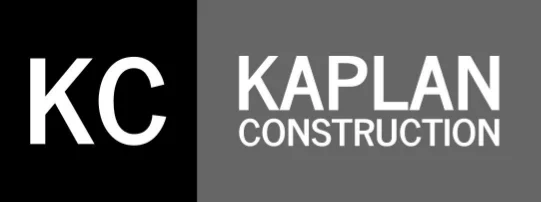We're finally getting fall weather here in Southern California! It's cold, and we use different ways to keep our home warm and cozy - whether it be a portable heater or a fireplace. There are safety precautions you should take to ensure the safety of you and your home. According to the National Fire Protection Association (NFPA), heating equipment is a leading cause of home fire deaths.
Home Remodel in Belmont Heights, CA. For more photos on this home, click here.
Here are some tips from the NFPA to keep our homes warm and safe.
- Keep anything flammable at least 3 feet away from a heating element.
- Never use your oven to heat your home.
- Have a qualified professional install stationary space heating equipment, water heaters, or central heating equipment per the local codes and manufacturer's instructions.
- Have heating equipment and chimneys cleaned and inspected every year by a qualified professional.
- Always turn portable heaters off when leaving the room or going to bed.
- Make sure fireplace has a sturdy screen to stop sparks from flying into the room.
- Ashes should be cool before putting them in an empty metal container and keep container a safe distance away from your home.
- Test smoke alarms monthly.
These tips can prevent most heating-related fires from occurring. For more information, you can check out the NFPA website here.





